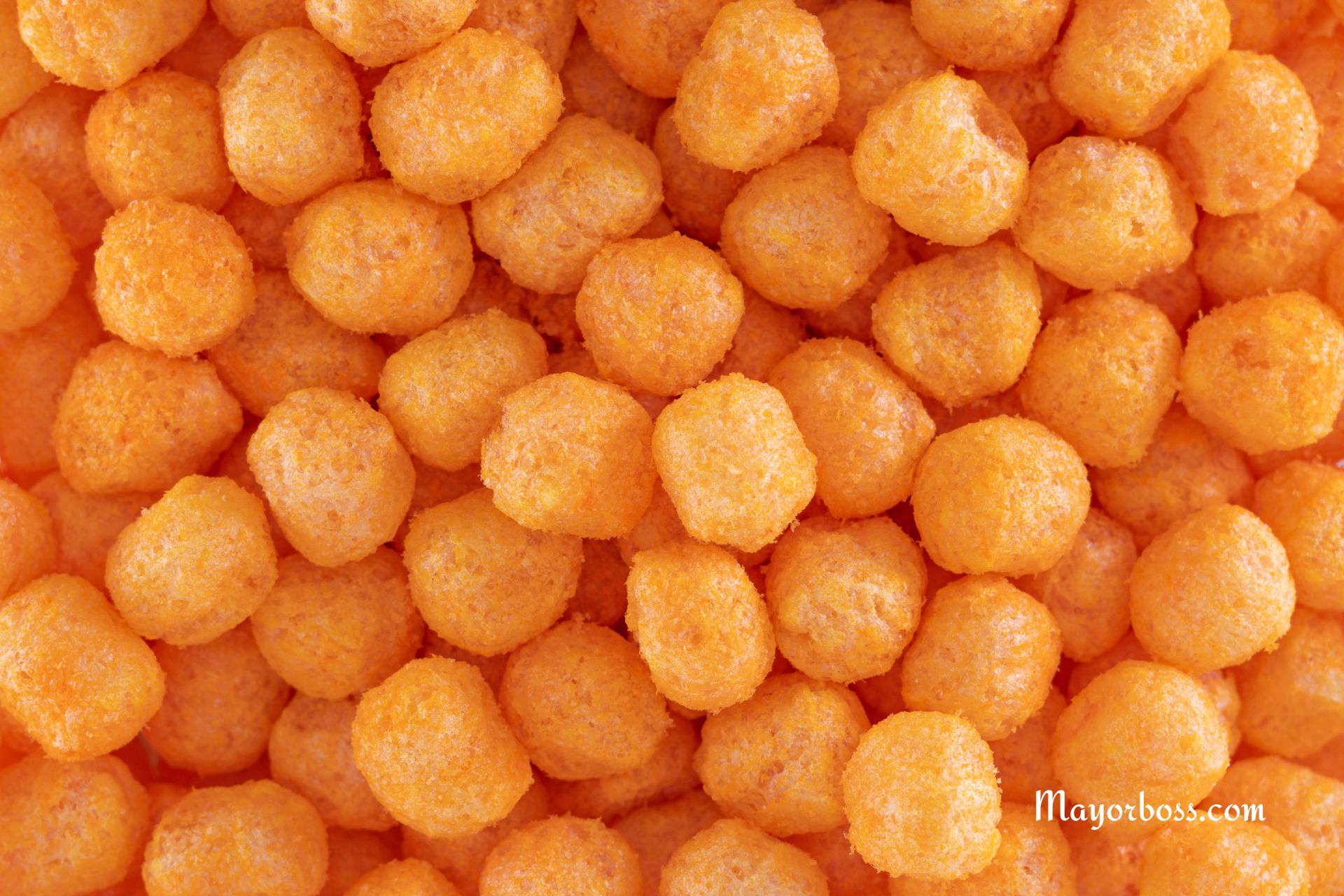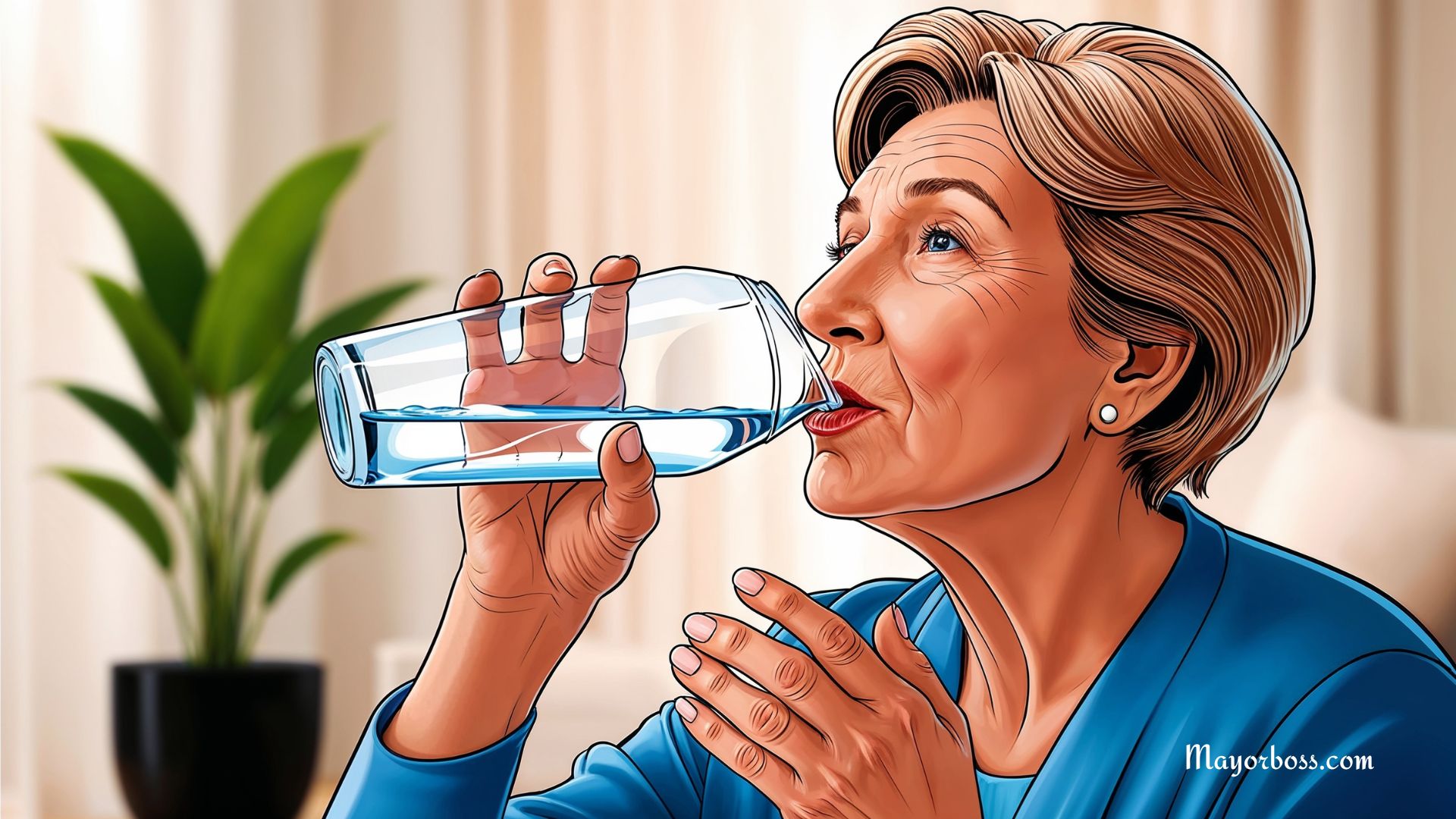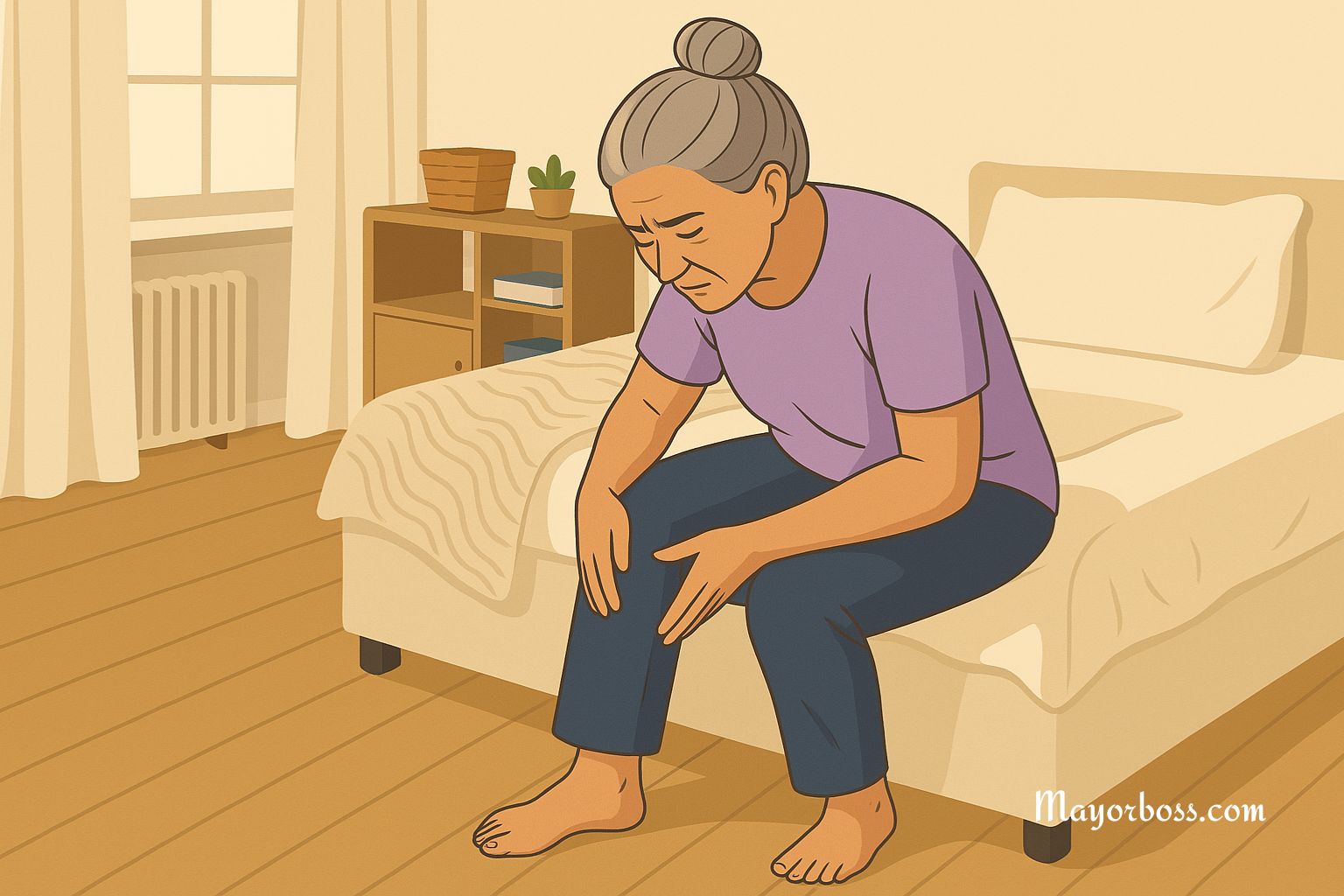Foods to Avoid If You Have High Triglycerides
Triglycerides give your body energy. When levels are too high, they can cause your arteries to narrow. This can lead to heart attacks and strokes. Your diet plays a big role in controlling triglyceride levels. Eating the right foods can help lower these fats and keep your heart healthy. This article explains which foods to avoid if you have high triglycerides.

Foods High in Sugar and Refined Carbohydrates
Sugar and refined carbohydrates can raise your triglyceride levels. These foods spike your blood sugar, which can lead to more triglycerides. Some of these foods include:
- Sugary Drinks: Soda, sweetened fruit drinks, and energy drinks contain a lot of sugar, which increases blood sugar quickly.
- Baked Goods: Cookies, cakes, and pastries are made with refined flour and sugar. They can also raise your triglycerides.
- White Bread and Pasta: White bread, pasta, and other refined grains lack fiber. Fiber helps slow the rise of blood sugar. Without it, your triglyceride levels may go up.
Choosing whole grains instead of refined grains can help. Whole grains have more fiber, which keeps your blood sugar steady.
Foods High in Saturated Fats
Saturated fats can increase both cholesterol and triglyceride levels. It is best to reduce foods high in saturated fat. Some examples are:
- Fatty Meats: Meats like beef, pork, and lamb can be high in saturated fat. Look for leaner cuts or trim off extra fat.
- Full-Fat Dairy: Whole milk, butter, and cheese have high levels of saturated fat. Switching to low-fat or fat-free options may help.
- Certain Oils: Oils such as coconut oil and palm oil are high in saturated fats. Use healthier oils like olive oil or canola oil when cooking.
Replacing these fats with healthier options can benefit your heart.
Trans Fats and Processed Foods
Trans fats are harmful fats that can raise triglyceride levels. They are often found in processed foods. Some examples include:
- Fried Foods: Many fast foods and restaurant dishes have trans fats. These fats can also raise bad cholesterol.
- Packaged Snacks: Crackers and microwave popcorn sometimes contain trans fats. Check food labels for hydrogenated or partially hydrogenated oils.
- Baked Items: Some commercial baked goods use trans fats to stay fresh longer. Even small amounts can be harmful.
Avoiding trans fats and processed foods helps protect your heart and keeps your triglyceride levels lower.
The Effect of Alcohol
Alcohol can increase triglyceride levels, even when you drink in small amounts. Alcohol drinks add extra calories and sugar. Here are some points to consider:
- Beer and Wine: Both beer and wine can increase your triglycerides. Beer has many carbohydrates, and wine contains sugar.
- Spirits: Hard liquor, especially when mixed with sugary drinks, can add many extra calories.
Limiting or avoiding alcohol can help you manage your triglyceride levels. Talk to your doctor if you have questions about alcohol and your health.
Tips for a Heart-Healthy Diet
Changing your diet is important if you have high triglycerides. Here are some tips to help you eat healthier:
- Eat More Fiber: Fiber slows the rise of blood sugar. Eat fruits, vegetables, and whole grains to get more fiber.
- Choose Lean Proteins: Lean proteins such as fish, chicken, and plant-based options can help. Fish has omega-3 fatty acids, which are good for your heart.
- Pick Healthy Fats: Nuts, seeds, and avocados have fats that are better for you. They do not raise triglyceride levels like unhealthy fats do.
- Avoid Added Sugars: Look at food labels to spot added sugars. Choose foods with natural sugars, like fruits, instead.
These changes can help you lower your triglycerides and improve your overall health.
How to Change Your Diet
Changing your eating habits may take time. Here are some simple steps to help you make a change:
- Plan Your Meals: Write a menu for the week that focuses on healthy foods. Planning meals helps you avoid foods that raise triglycerides.
- Cook at Home: When you cook at home, you know exactly what goes into your food. This lets you use less sugar and unhealthy fats.
- Read Food Labels: Check labels for hidden sugars and bad fats. Look for ingredients like hydrogenated oils and high-fructose corn syrup.
- Watch Portion Sizes: Even healthy foods can cause weight gain if eaten in large amounts. Keep your portions moderate.
Takeaway
High triglycerides can be managed with a healthy diet. Foods high in sugar, refined carbohydrates, saturated fats, and trans fats should be limited or avoided. Alcohol can also raise triglyceride levels. By choosing whole grains, lean proteins, and healthy fats, you support your heart and lower your triglyceride levels. Plan your meals, cook at home, and read food labels to make informed choices. With steady effort, you can improve your health and reduce your risk of heart disease.






